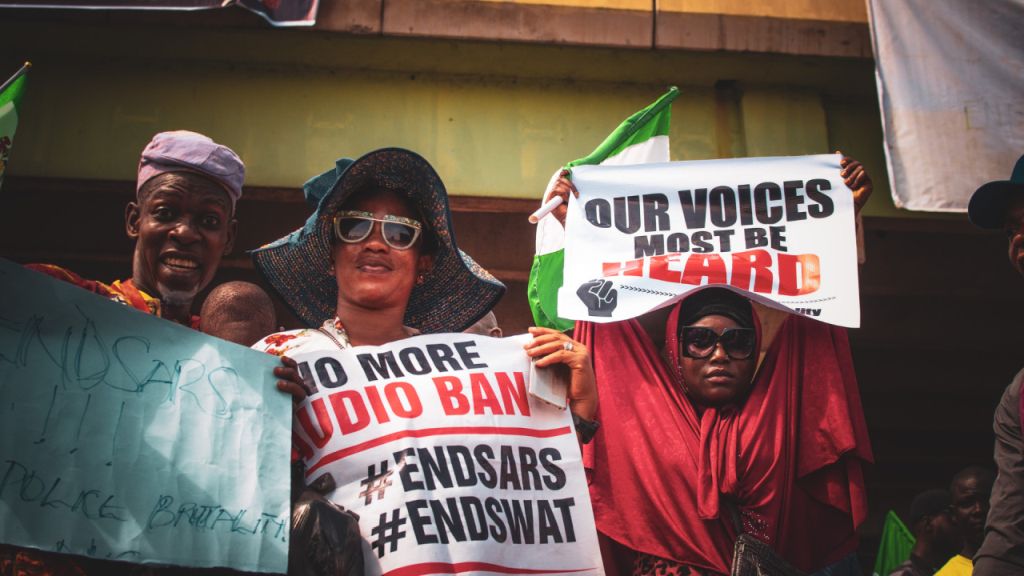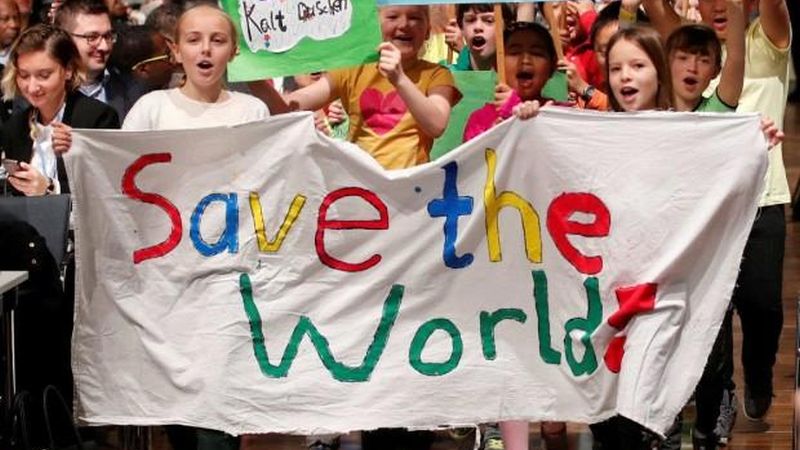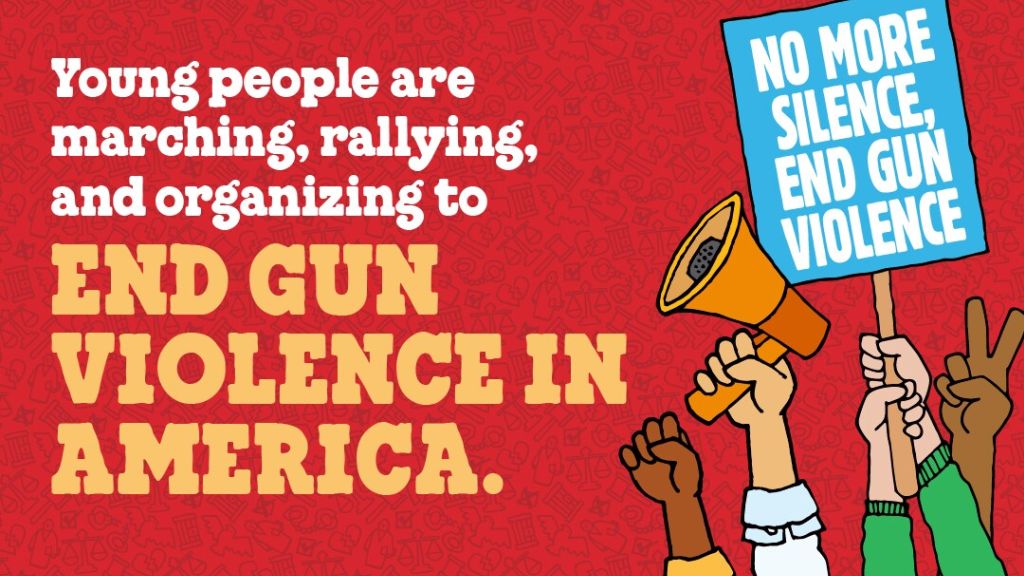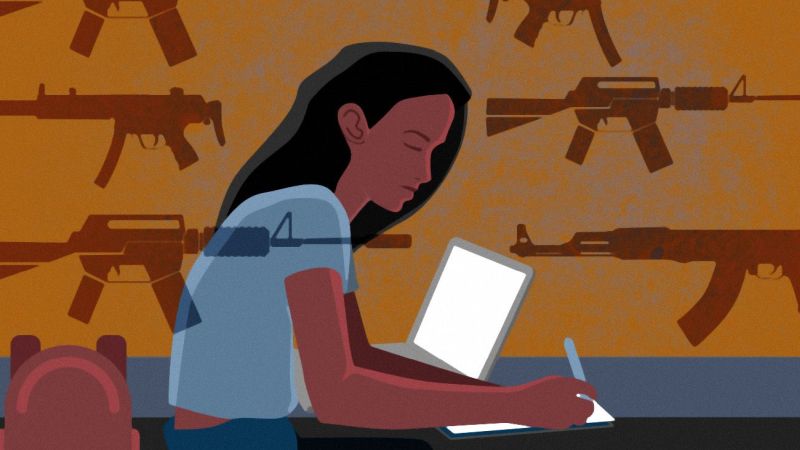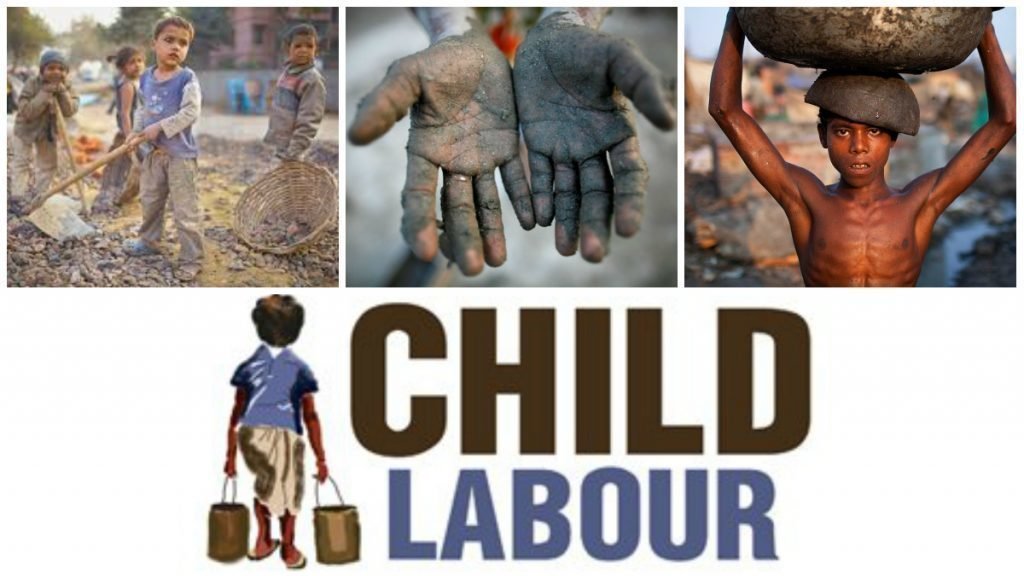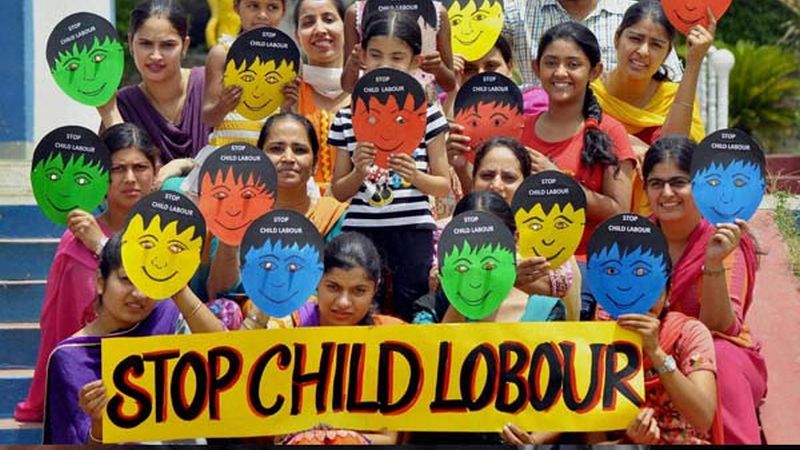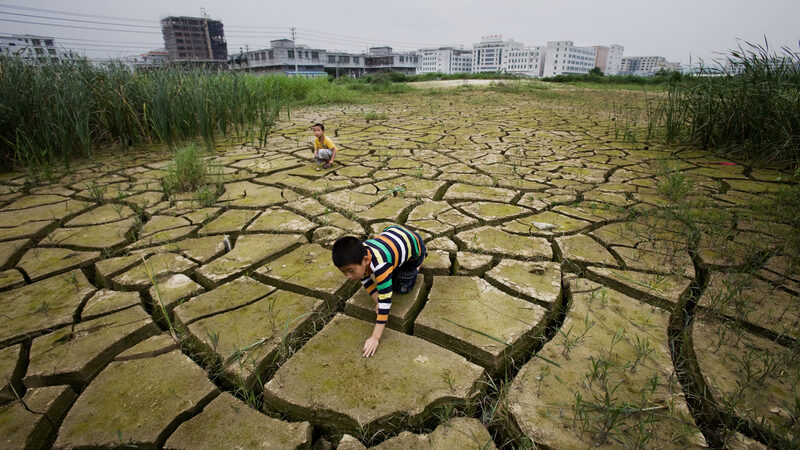The Rising Tide of Youth Activism in Nigeria: A Force for Change
In recent years, youth activism has emerged as a powerful force in Nigeria, reshaping the nation’s society and driving demands for social and political change. The #EndSARS movement, which gained international attention in 2020, stands as a poignant example of Nigerian youth’s passion and determination in seeking justice and reform. This article delves deeper into the factors fueling the surge in youth activism, the critical issues Nigerian youth activists are fighting for, and the profound impact of their endeavors on society.
Empowering the Voices of Nigerian Youth
The driving force behind Nigeria’s burgeoning youth activism is its large youth population. With political instability, corruption, inadequate social services, and high unemployment rates plaguing the nation, young Nigerians are motivated to raise their voices and address these pressing issues head-on. The desire for change and a better future for all has become a galvanizing force, compelling Nigerian youth to speak out and engage in activism.
#EndSARS Movement: A Catalyst for Change
The genesis of Nigeria’s contemporary youth activism can be traced back to the #EndSARS movement, which originated as a grassroots campaign against the notorious Special Anti-Robbery Squad (SARS). For years, SARS had been implicated in cases of brutality, harassment, and extrajudicial killings, causing widespread outrage and pain among Nigerian youth. In 2020, social media played a pivotal role in mobilizing support for the movement, propelling it to national prominence.
The #EndSARS protests were a watershed moment for Nigerian youth activism. It brought global attention to the deeply rooted issue of police brutality in Nigeria and sparked a crucial national conversation on police reform. Nigerian youth demonstrated their resilience and determination as they took to the streets, demanding an end to police misconduct and advocating for meaningful changes in law enforcement practices.
Despite initial promises of reform, the government’s response to the peaceful protests was met with a violent crackdown, leaving several protesters injured and others tragically losing their lives. The heavy-handed response highlighted the challenges that young activists face in their pursuit of justice and systemic change.
Beyond Police Brutality
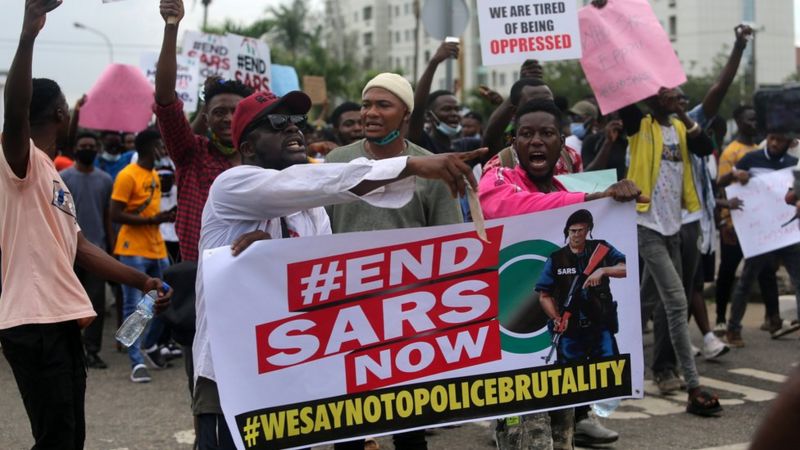
The #EndSARS movement acted as a catalyst, inspiring Nigerian youth to broaden their activism to encompass various social causes beyond police brutality. Education reform emerged as a significant concern for young activists, who passionately advocated for improved access to quality education and comprehensive skills development. Recognizing education as a fundamental right, they sought to empower future generations with the tools they need to create a brighter future for Nigeria.
Furthermore, gender equality and women’s rights have been a constant focus in youth activism, with young activists challenging traditional norms and fighting against gender-based violence. By promoting inclusivity and combating gender discrimination, Nigerian youth are actively striving for a more equitable society where every individual’s rights and dignity are respected.
Collaboration for Amplified Impact
Youth-led organizations and NGOs have recognized the power of collaboration in amplifying the impact of youth activism. By forming collaborative partnerships, these groups have succeeded in achieving meaningful change in Nigeria. The spirit of solidarity and unity among young activists has fostered a sense of community, enabling them to address complex issues more effectively.
In addition to domestic support, Nigerian youth activists have received solidarity and backing from international communities and prominent figures, including celebrities. This global attention has further emphasized the importance of youth participation in shaping Nigeria’s future and urging stakeholders to acknowledge the significance of their activism.
Demands for Transparent Governance
Nigerian youth have been steadfast in their advocacy for good governance and transparency in leadership. They demand accountability from the government and institutions, striving to put an end to corruption and ensure effective policies for sustainable environmental practices and climate change awareness.
Transparency and accountability in governance have become central to their aspirations for a more just and equitable society. The youth-led movements have called for an end to corruption and effective governance in Nigeria, with a focus on responsible resource management and equitable distribution of wealth and opportunities.
Forging Nigeria’s Path to a Better Future
The future of Nigeria is undeniably being shaped by the passion and dedication of its young activists, who are determined to create a more just, inclusive, and equitable society. The #EndSARS movement serves as a poignant reminder of the transformative power of youth activism. Nigerian youth continue to push for their demands despite facing challenges, displaying their resilience and unwavering commitment to effect positive change.
To support and nurture this vibrant youth activism, stakeholders, media outlets, and society as a whole must actively amplify youth voices, empower young activists, and foster collaboration among different youth-led organizations. By investing in education and providing platforms for their stories to be heard, Nigeria can harness the full potential of its youth and pave the way for a brighter and more promising future. The passion and dedication of Nigerian youth activists will remain a driving force, steering the nation towards a more just, inclusive, and equitable society for all.

